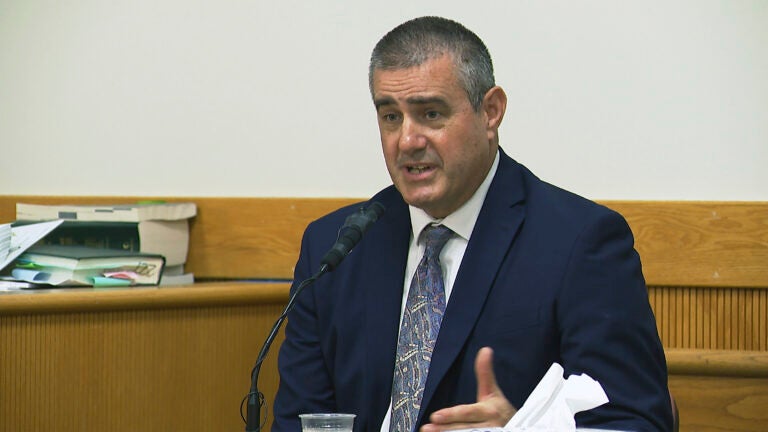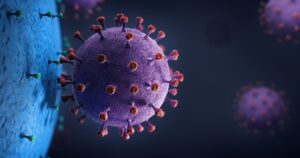
PROVIDENCE, R.I. (AP) — In a closely watched trial, a jury has acquitted former Rhode Island high school basketball coach Aaron Thomas of second-degree child molestation and sexual assault charges. The verdict, delivered on Monday, found Thomas guilty of a lesser charge, misdemeanor battery, after a contentious six-week trial that scrutinized his controversial “naked fat tests” conducted on student-athletes over several decades.
The jury’s decision marks a significant conclusion to a case that has captivated the community and raised questions about the boundaries of authority and trust in educational settings. Thomas, who served as a coach at North Kingstown High School, was accused of exploiting his position to conduct inappropriate examinations on students under the guise of health assessments.
The Trial and Verdict
During the trial, defense attorneys argued that Thomas’s actions, while inappropriate, did not meet the legal criteria for the more severe charges. They contended that the tests were not conducted for sexual gratification, a key element required for the initial charges of molestation and assault.
Defense attorney John MacDonald expressed satisfaction with the verdict, stating, “We’d like to thank the jury for their attention, their hard work, and for their verdict. We are very satisfied that the jury saw the case as we saw it, no sexual intent whatsoever.”
“Above all else, this case is about the victims who suffered greatly behind closed doors,” said Attorney General Peter Neronha. “Pseudo-science is not an excuse for abuse, nor is winning more important than well-being.”
Prosecutors argued that Thomas had created a program that allowed him unfettered access to young, naked boys, framing the tests as a violation of trust and an abuse of power. The charges specifically related to incidents involving two former students, one of whom was under 14 at the time, in 2000 and 2002.
Legal and Community Reactions
The case has sparked a broader discussion on the statute of limitations for such offenses in Rhode Island. Currently, the statute of limitations for second-degree assault is three years, a timeframe that Attorney General Neronha has advocated to extend to ten years. Such a change could have allowed for additional charges against Thomas.
Under Rhode Island law, misdemeanor battery carries a maximum one-year prison sentence and a possible fine of up to $1,000. Sentencing for Thomas is scheduled for June 26, leaving the community to grapple with the implications of the verdict.
Community and Victim Impact
Throughout the trial, the testimonies of more than a dozen former students, law enforcement officers, and body composition experts painted a complex picture of the environment in which Thomas operated. Many students described the tests as uncomfortable and invasive, conducted in secluded areas of the school.
Thomas admitted during his testimony that the removal of underwear was not necessary for the tests, a point corroborated by body fat composition experts who stated that pinching near the groin is not scientifically valid for determining body fat.
Despite the acquittal on the more serious charges, the case has left a lasting impact on the victims and the community. The trial highlighted the need for clearer boundaries and oversight in educational settings to prevent similar incidents in the future.
Looking Forward
The verdict in Aaron Thomas’s case has prompted discussions about the responsibilities of educational institutions to safeguard students and the mechanisms in place to hold individuals accountable for misconduct. The outcome also raises questions about the adequacy of current legal frameworks in addressing such cases.
As the community awaits Thomas’s sentencing, there is a growing call for policy changes that prioritize student safety and well-being over competitive success. The case serves as a reminder of the importance of vigilance and transparency in school environments.
With the legal proceedings concluding, attention now turns to the broader implications for school policies and the potential for legislative changes to better protect students in the future.






